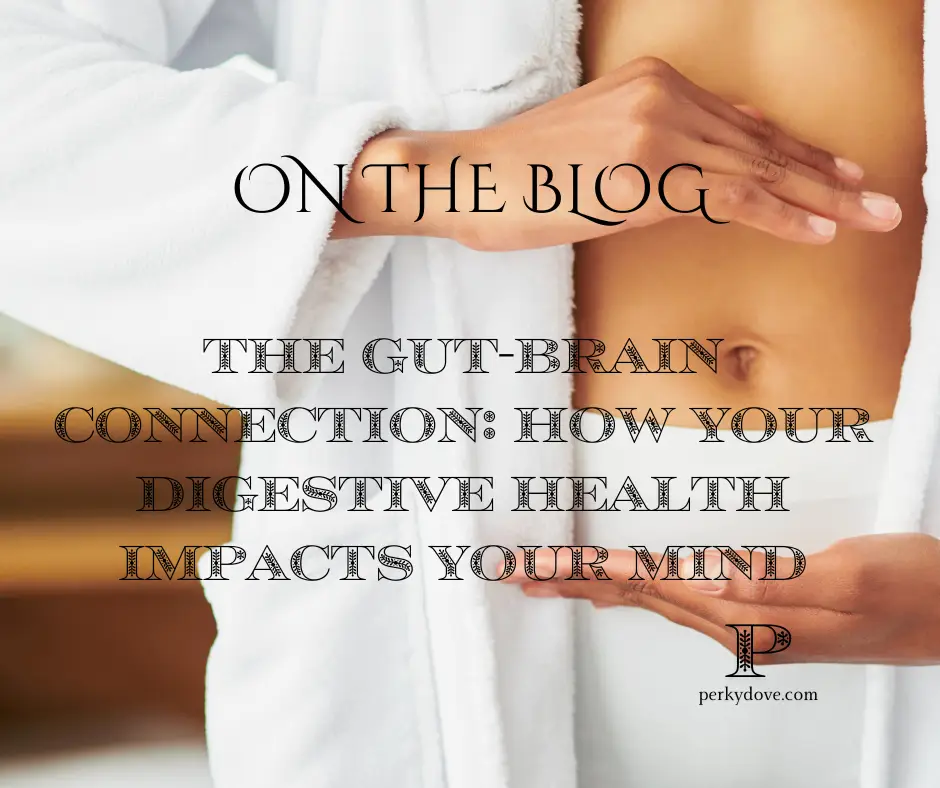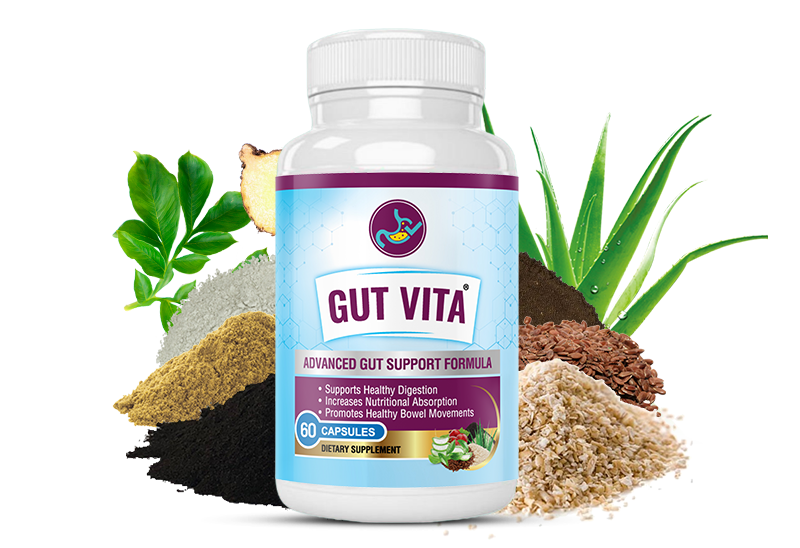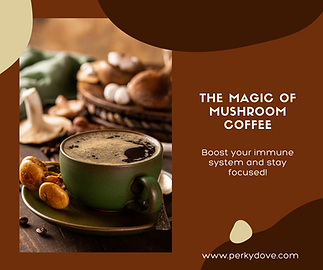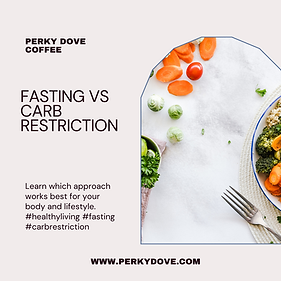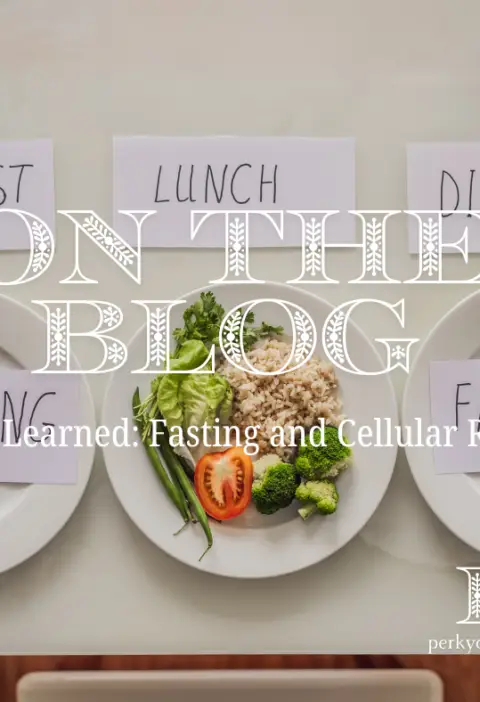Did you know that your gut and brain are in constant communication? This powerful relationship, known as the gut-brain axis, plays a crucial role in your mood, cognitive function, and overall well-being. Scientists are uncovering more about how the trillions of bacteria in your gut influence everything from anxiety and depression to memory and focus.
Unlocking Your Gut's Potential: A Practical Guide to Healing, Reducing Stress, Enhancing Sleep, and Embracing a Happier, Healthier You!
Your gut and brain are linked through the vagus nerve, a superhighway that allows for two-way communication. This means that your digestive system isn’t just absorbing nutrients—it’s also sending signals to your brain that affect your emotions, stress levels, and even decision-making abilities.
The key players in this relationship are your gut microbiome, a diverse ecosystem of bacteria that help regulate inflammation, produce neurotransmitters like serotonin and dopamine, and support brain function. In fact, over 90% of serotonin, the feel-good chemical, is produced in the gut!
- 35 Strains Organic Probiotic 100 Billion CFU for Gut & Digestive Health, Vegan Acidophilus Probiotic Supplement, Non-GMO Raw Probiotic 60 Capsules
Signs of an Unhealthy Gut Affecting Your Brain
When the balance of gut bacteria is disrupted, it can lead to symptoms that affect both your digestive system and your mental clarity. Common signs include:
-
Brain fog – Difficulty concentrating and feeling mentally sluggish.
-
Mood swings & anxiety – An imbalanced gut can disrupt neurotransmitter production.
-
Poor sleep – A lack of gut diversity can lower melatonin levels, disrupting sleep patterns.
-
Digestive issues – Bloating, gas, and irregular bowel movements often indicate gut health problems.
Foods to Support a Healthy Gut-Brain Axis
The foods you eat play a huge role in nurturing a balanced microbiome. Here are some gut-friendly choices that also benefit brain health:
-
Fermented foods (yogurt, kefir, kimchi, sauerkraut) – Rich in probiotics that support healthy gut bacteria.
-
Prebiotic-rich foods (bananas, garlic, onions, asparagus) – These provide fuel for beneficial gut microbes.
-
Fatty fish (salmon, sardines, mackerel) – High in omega-3s that reduce brain inflammation.
-
Dark chocolate – Contains polyphenols that promote both gut and cognitive health.
-
Leafy greens (spinach, kale, Swiss chard) – Help maintain a diverse and thriving gut microbiome.
Digestive Enzymes with Probiotics and Prebiotics, Gut Health, Bloating Relief for Women, Chlorella, Green Juice Mix with Beet Root Powder, 25 SVG, Mango
Lifestyle Habits for a Stronger Gut-Brain Connection
In addition to diet, lifestyle choices also impact the gut-brain axis. Consider incorporating these habits:
-
Manage stress – Chronic stress can damage gut bacteria. Try meditation or deep breathing exercises.
-
Get enough sleep – Poor sleep disrupts gut health and impairs brain function.
-
Exercise regularly – Physical activity encourages healthy gut bacteria and reduces inflammation.
-
Stay hydrated – Drinking enough water helps maintain a balanced gut environment.
Final Thought: Nourish Your Gut, Support Your Brain
The gut-brain connection is a fascinating and vital part of overall health. By taking care of your digestive system through a healthy diet and mindful lifestyle choices, you can enhance mental clarity, stabilize your mood, and improve cognitive function.
